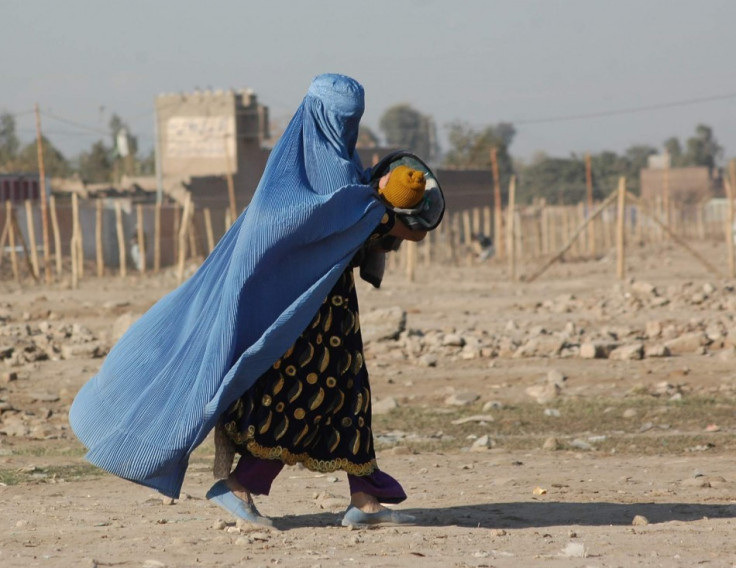Afghans Share Unique Genetic Heritage: Study

Afghans share a unique genetic heritage that could have been derived from a common ancestral population that possibly emerged as far back as the Neolithic era, says a new study published in PLoS One.
A team led by principal investigator Pierre Zalloua and Marc Haber, both of Genographic's Middle Eastern Regional Center, investigated and genotyped in the study a total of 204 Afghan samples along with more than 8,500 samples from surrounding populations, including Iranians, Greeks, Indians, Middle Easterners, East Europeans and East Asians.
They found that the inter-Afghan differentiation started during the Bronze Age and formation of early agricultural communities.
The study also suggested that the inter-population genetic differences among these ethnic groups occurred due to migrations and invasions into the region, giving the Afghans a unique genetic diversity in Central Asia.
"Afghanistan embraces a rich diversity of multi-ethnic and multi-lingual communities. The goal of our study was to determine whether the various Afghan groups arose from a common population with different social systems but with the same genetic stock or whether cultural and ethnic differences were founded on already existing genetic differences," the National Geographic quoted Zalloua as saying.
"The Genographic Project" which was launched in 2005 is led by National Geographic Explorer-in-Residence Dr Spencer Wells. The study has revealed new developments on shared genographic history.
According to a Science Daily report, nearly 75,000 participants from more than 1,000 indigenous populations around the world and also more than 440,000 members of the general public have purchased a testing kit online and sent their samples to the Genographic lab to discover their own genealogy.
© Copyright IBTimes 2025. All rights reserved.




















